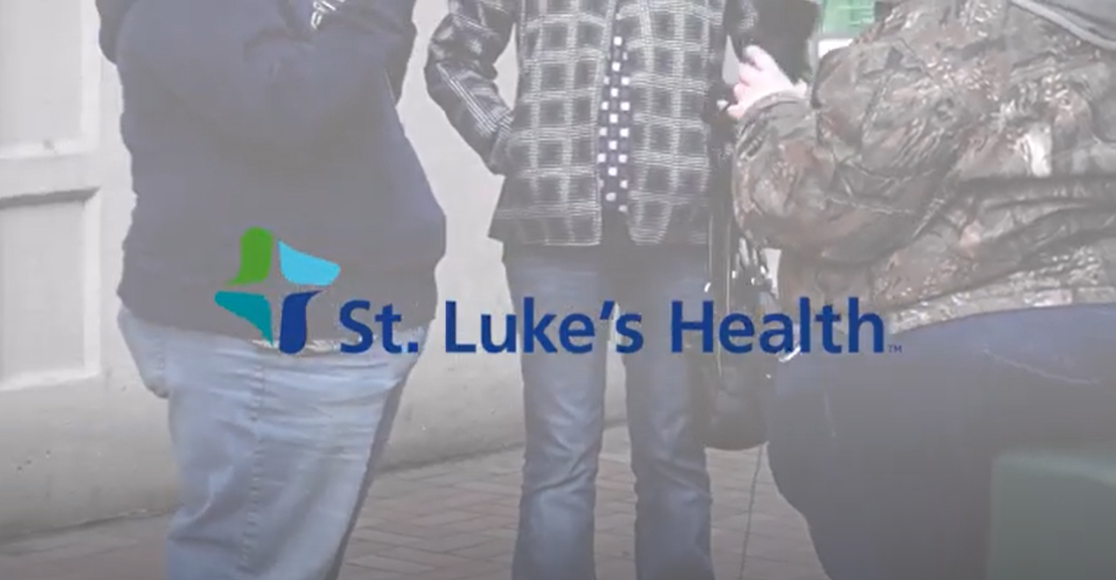Understanding bariatric surgery
Bariatric surgery, often referred to as weight loss surgery, is designed to help individuals who are severely obese or struggling to lose weight through traditional means. The primary goal of bariatric surgery is to promote significant and sustainable weight loss, which can lead to improved overall health and a reduced risk of obesity-related medical conditions.
Weight loss surgery is typically recommended for individuals who have a body mass index (BMI) of 40 or higher (severe obesity) or a BMI of 35 or higher with obesity-related health conditions like diabetes or hypertension. It may also be considered for those who have tried and failed to lose weight through diet and exercise alone.
This weight loss approach is not a quick fix, and its success depends on long-term lifestyle changes, including dietary modifications, increased physical activity, and ongoing medical follow-up. It can lead to significant weight loss, improved metabolic health, and a better quality of life for many individuals struggling with severe obesity. However, it also carries risks and potential complications, so it should be carefully considered during a consultation with one of our bariatric surgeons.





